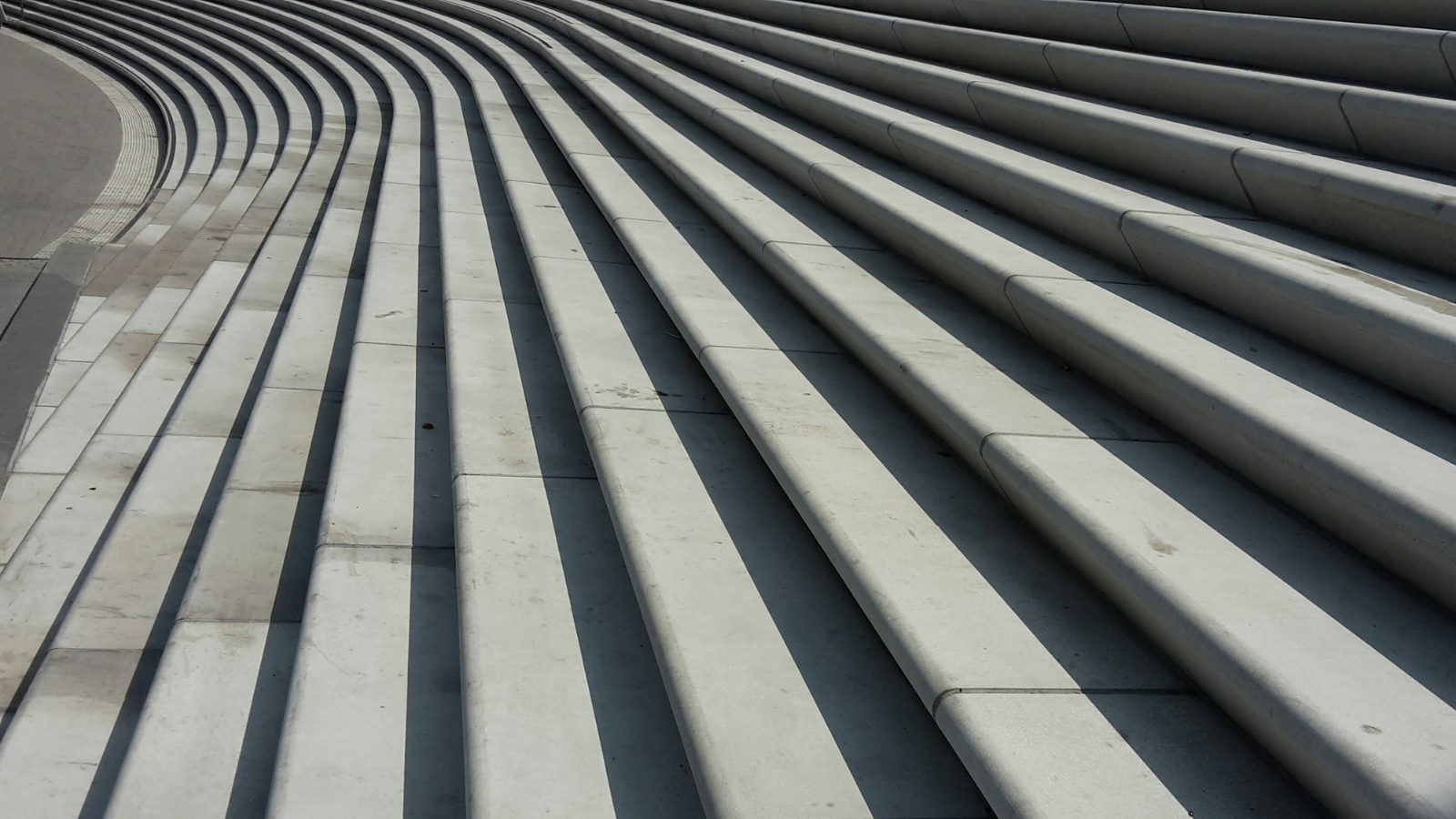Joint position – Delegated Act on ‘EU Emission Trading Scheme (ETS) – Free Allocation Rules’

European cements are among the most carbon-intensive in the world without clear signs of improvement. Clinker is the main cause of cement emissions, accounting for over 90% of the sector’s carbon footprint. The share of clinker in cement remained high and stable in Europe over the last decade (c. 75%) - sitting well above the global average (c. 63%). As safe, scalable, cost-effective, and low-clinker cements exist today, policies urgently need to incentivise low-carbon substitute technologies which replace and reduce the volume of clinker in cement.
As Alliance for Low-Carbon Cement and Concret, we are committed to drive this change. Representing leading innovators and key stakeholders in the cement and concrete value chain, we target net-zero by 2040. This can be achieved if Europe shifts to ambitious, technology-neutral policies and standards for cement. When done right, carbon pricing – through the ETS – will serve as a key driver of green innovation and decarbonisation in the cement industry. For this reason, the ALCCC has been actively and constructively contributing to the debate on the Free Allocation Rules (FAR), calling on several occasions for the adoption of a technology-neutral framework in line with the renewed ETS directive.


